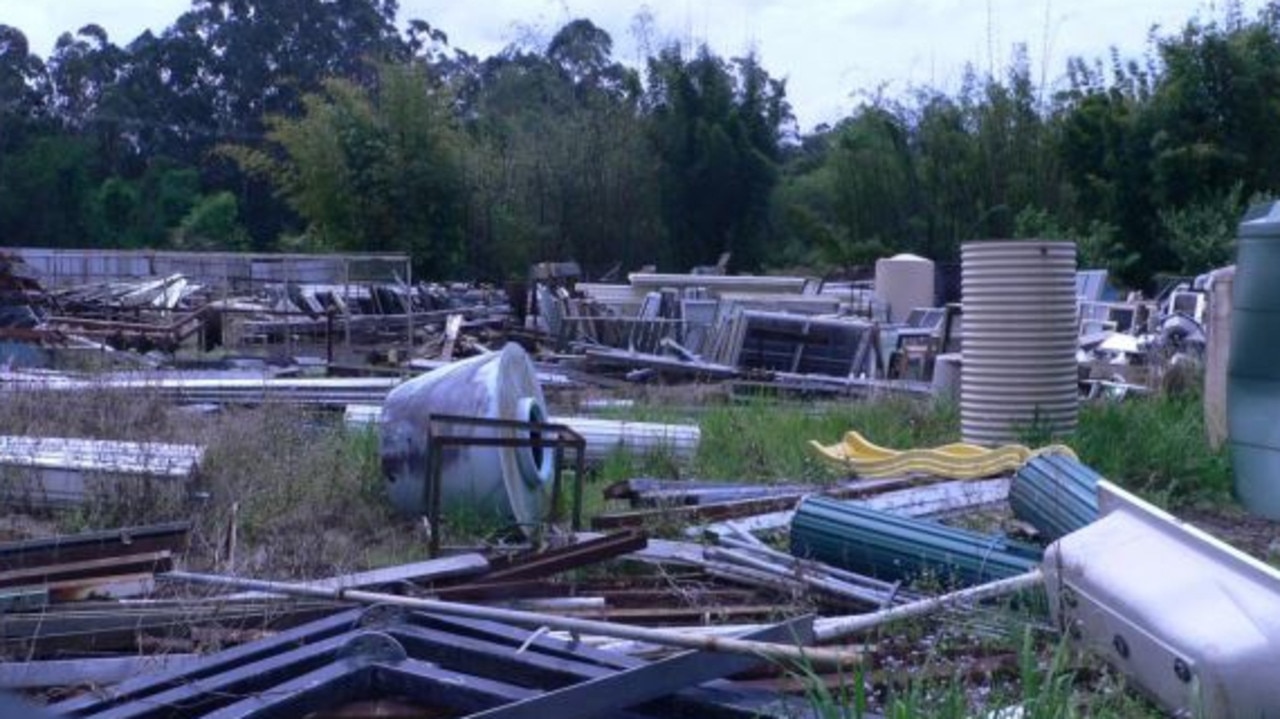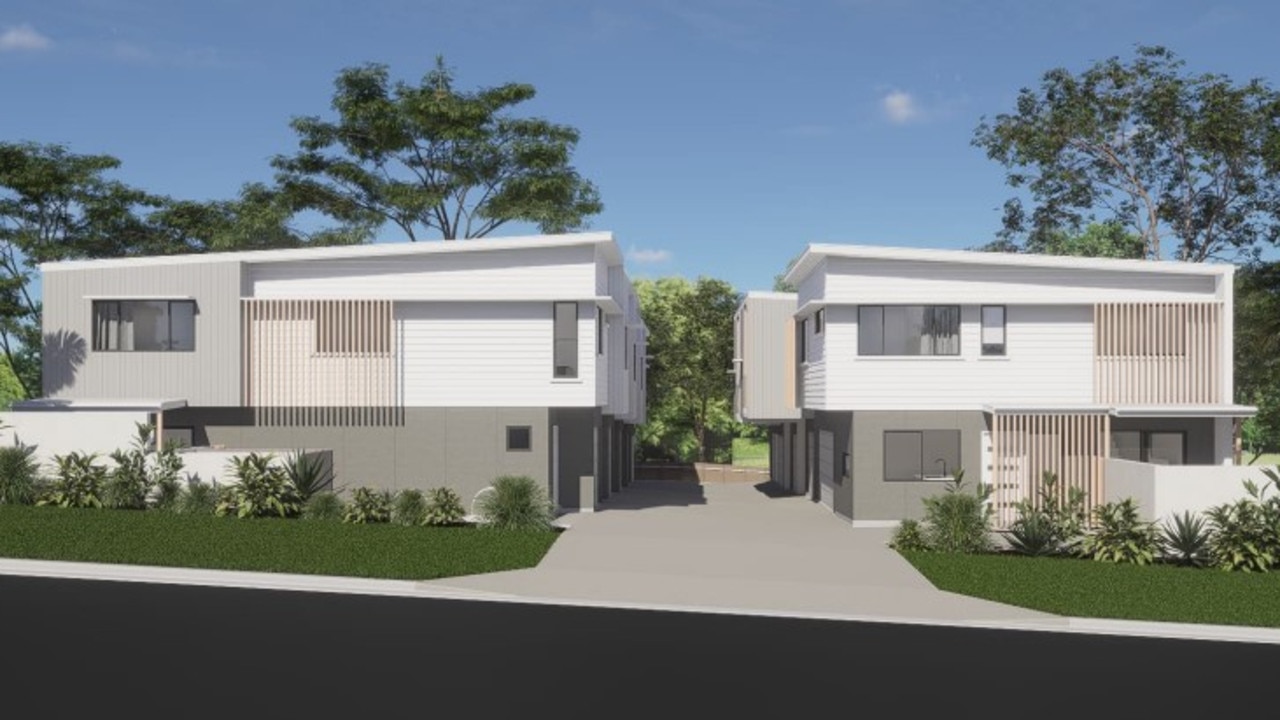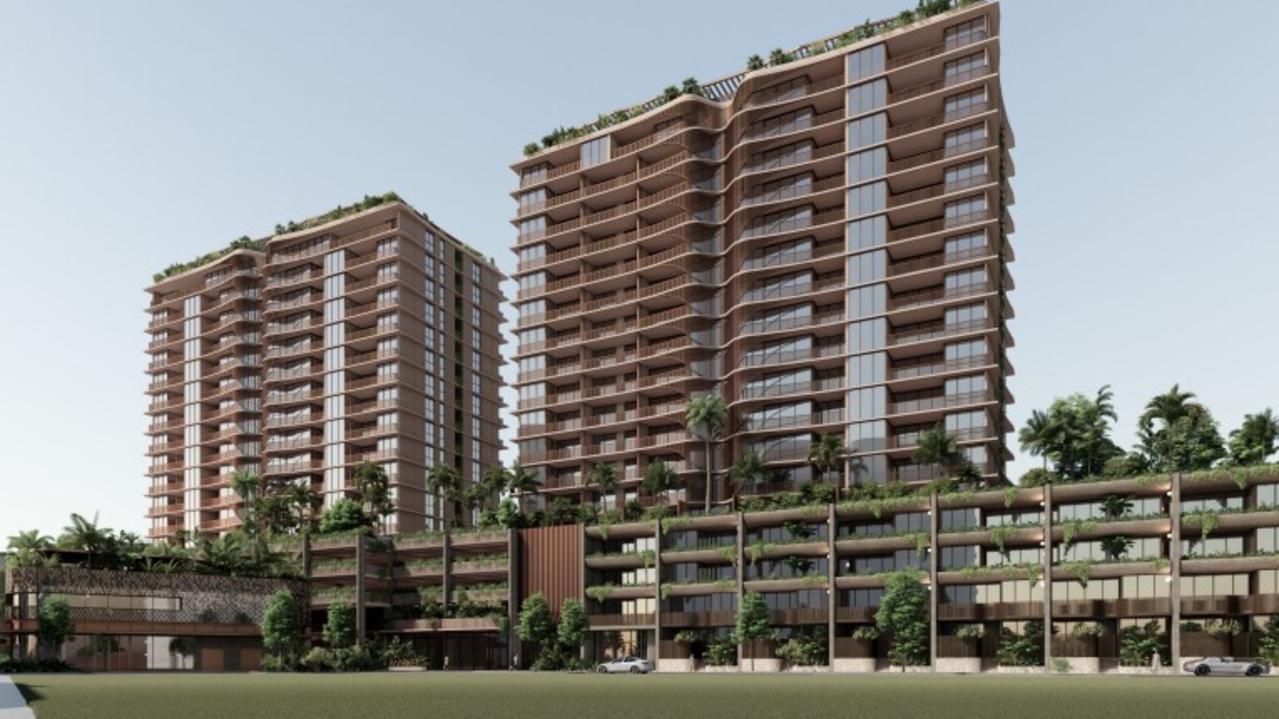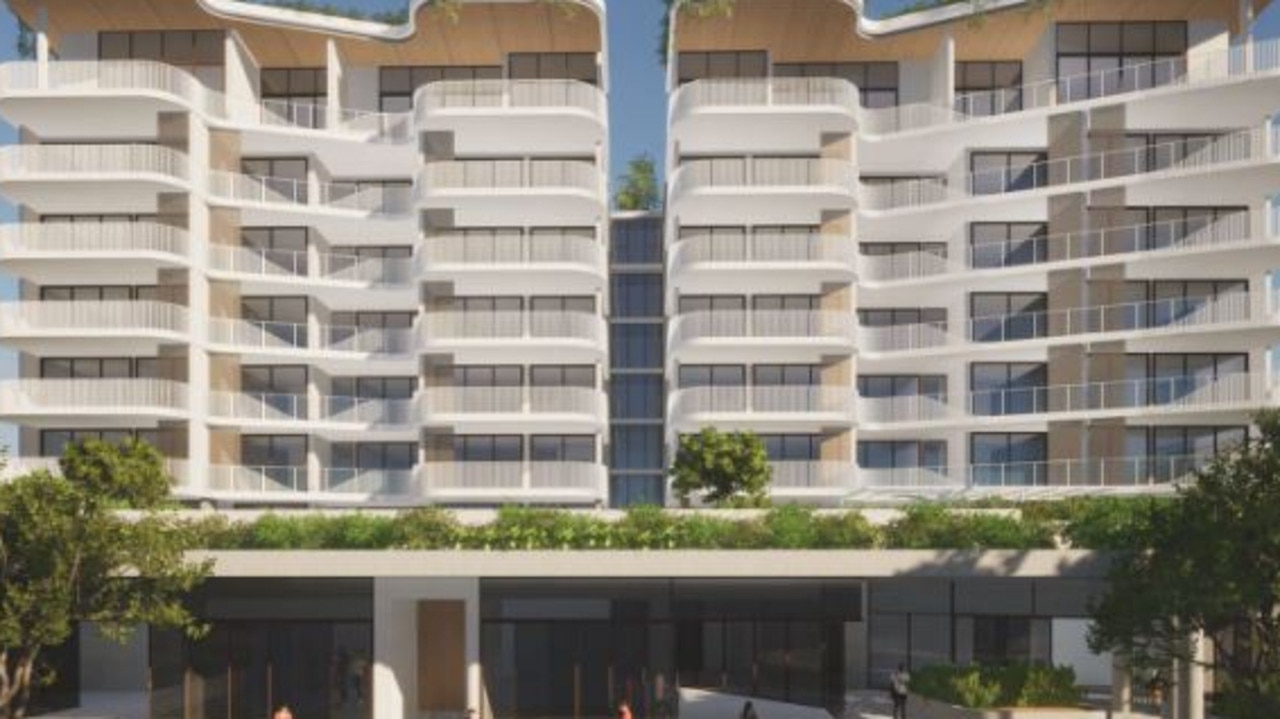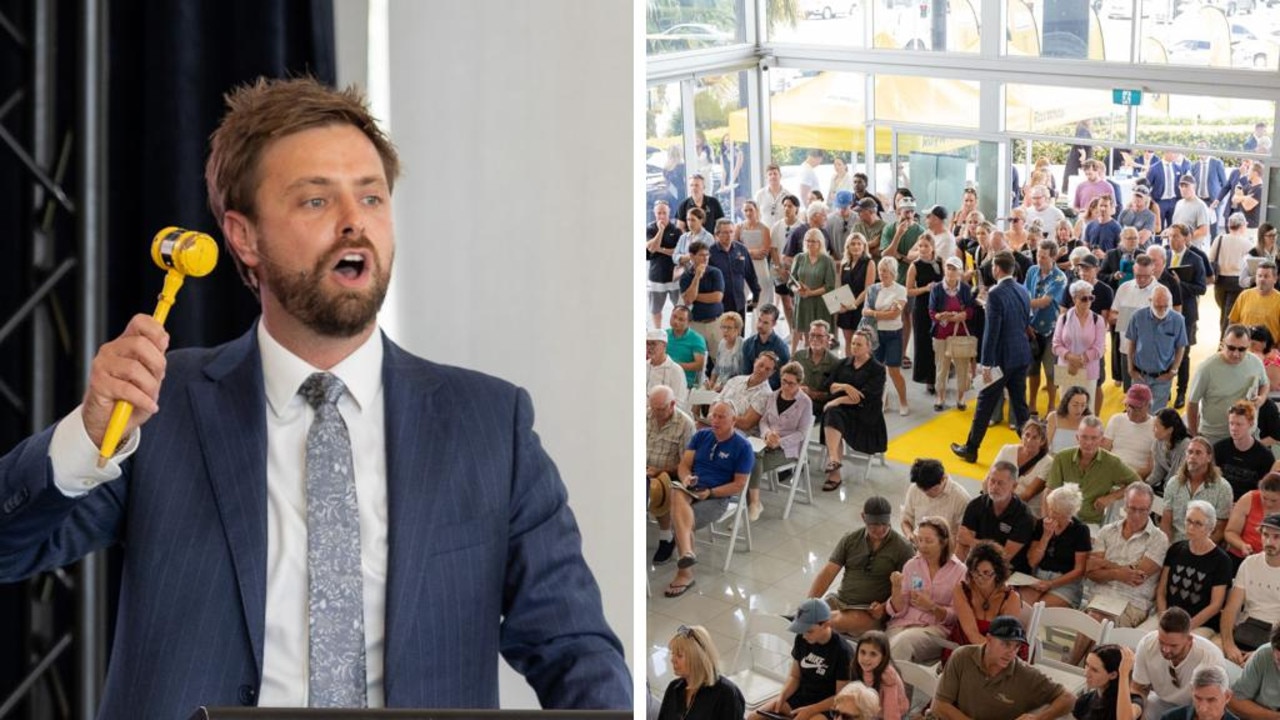Seven things to know before buying your first home
Buying your first home is possibly the most important purchasing decision you’ll ever make. Despite this, many people make fundamental mistakes.
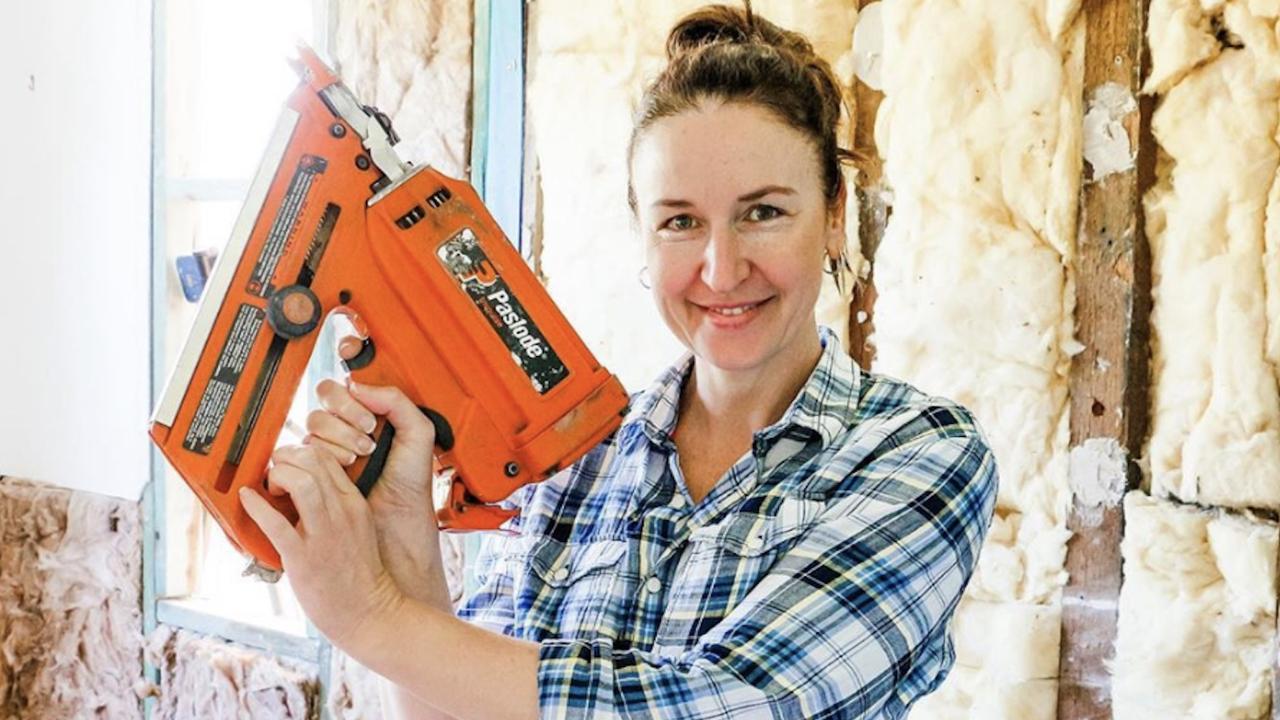
Property
Don't miss out on the headlines from Property. Followed categories will be added to My News.
Buying your first home is possibly the single most important purchasing decision you’ll ever make.
Despite this importance and the amount of information available, it’s amazing how many people make fundamental mistakes.
You really do need to do your homework and consult experts.
7 village developments changing Coast suburbs
I know first-hand how daunting the experience can be, along with all the information to consider.
To get you started, I’ve put together this short, helpful guide to help you with your exciting first home buy:
1. Work on your budget
It sounds like common sense, but many still rush into purchases without fully understanding their true financial position.
This can be catastrophic for singles, couples and families later on.
Before you buy, it’s vital you know what your actual living expenses are by checking bank and credit card statements so that your new home doesn’t become a new financial hardship.
You also need to factor in what the drain will be on your balance when the mortgage repayments kick in, and what you can service.
There are many calculators online that can help you with this.
Also, realise that when you buy, there are many other fees that can occur outside of just purchasing. These include stamp duty, conveyancing fees, building inspections and mortgage insurance.
2. Get to know the local market
If you don’t know the local property market, it’s easy to be bidding and negotiating completely unaware of the true value of what you’re wanting to buy.
Speaking to a local real estate agency is a great way to get grounded in what the market is doing as the situation can change week-by-week and is not always reflected by what you can see online.
3. Be prepared to make an offer
Knowing what you can spend comes down to knowing your financial position.
To be properly prepared to make an offer, knowing what you can borrow is critical, as it can impact your initial offer and negotiating power.
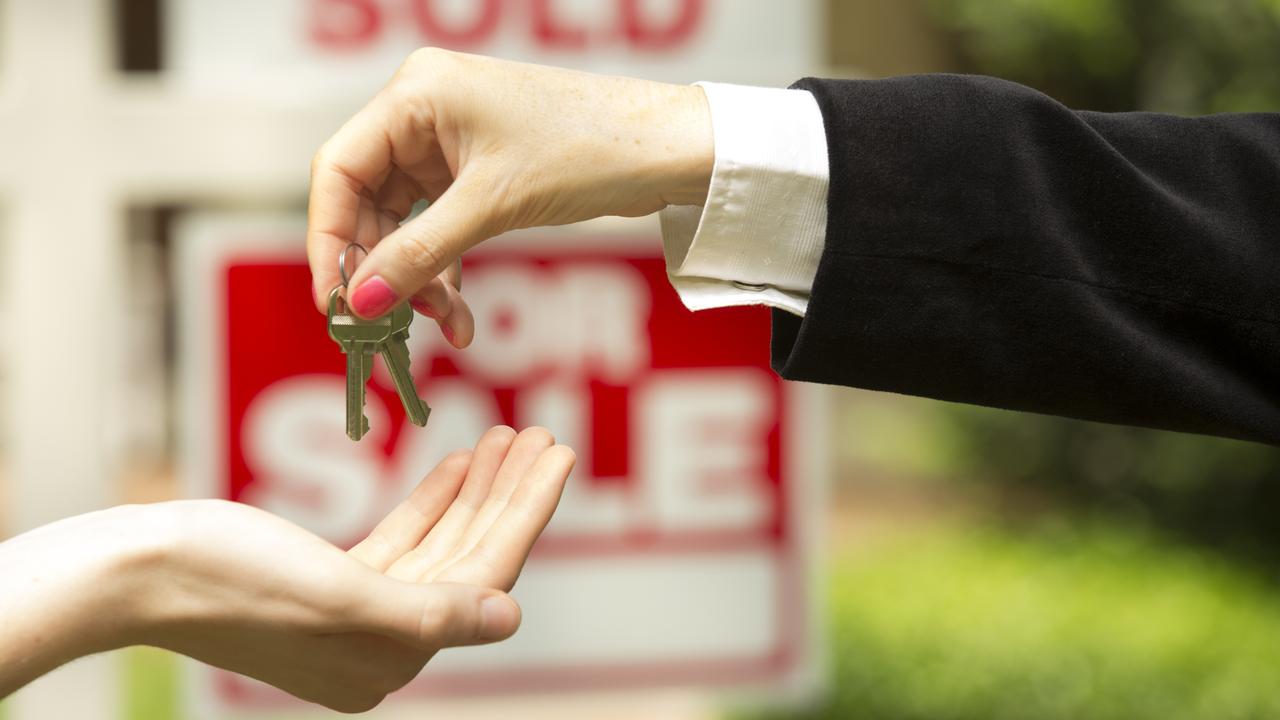
Speaking to a range of lenders and getting loan pre-approval is highly advised. Having loan pre-approval means you can negotiate with confidence and be fully prepared, knowing clearly what you can spend and what you can’t!
4. Prepare your list of home features (or must haves)
It’s easy to make a wishlist of home features, and often much harder to find exactly what you need.
If that happens to you, consider what you want vs what you really need from your new home. Will that extra car space matter or can you park out front?
Do you really need an ensuite, or are there more valuable elements related to position in a less well-equipped home?
Is a home office essential, or just a second bedroom? Try to remain flexible if it’s a non-essential item.
You may soon discover that when you revise your expectations, you also have a lot more properties to choose from as a result.
Bear in mind that a first home can be a ‘stepping stone’ to something better – stay focused on finding something that you can add value to over time, while riding capital growth.
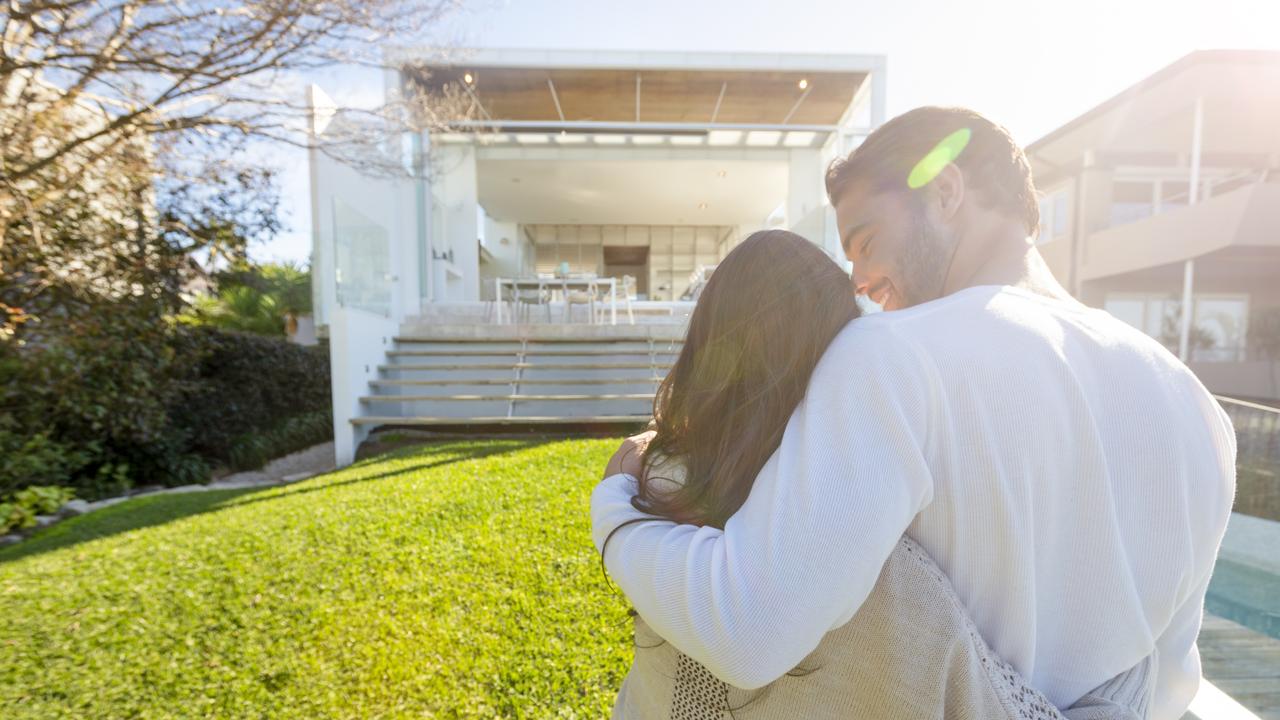
5. Build your own
If you can’t find a home you love, look at land purchase.
Many first home buyers are opting for land to build in established or new suburbs, and you don’t have to compromise on home features!
If you’re considering a range of locations, speak to a local agent prior to leaping into a decision.
You’ll gain insight about areas that are most likely to yield the best price growth.
It’s also important to stay informed of state and federal incentives for buying in regional areas.
6. Do your due diligence
If you buy a car, you’d probably get a mechanic to check it out, but surprisingly, many people don’t get their homes professionally assessed pre-purchase.
Getting a building and pest inspection, and a conveyancing lawyer to check your contract, local overlays and run a title search, can save you a lot in the long run.
7. Explore the full range of government incentives
Government grants vary in each state or territory. For the best picture of what’s on offer near you, it’s a good idea to check with your State Revenue Office to see what support and bonuses are available. Also, realise that government grants often extend to items you can get once you purchase too – including water tanks, solar power, energy efficient items and more depending on where you live, so do research thoroughly. For some good state-based information, go here. For information regarding how to access the HomeBuilder grant that is now available, go here.
About Tamara Wrigley
Tam Wrigley has been developing property in SEQ for 23 years, from light industrial, commercial, lot subdivisions to townhouses, units and residential homes. So far, she’s completed 20 projects and has a portfolio of 30 properties. Tam is also a property manager and owns one of the biggest agencies on the Sunshine Coast, Carolans First National Real Estate. She is now sharing her 23 years of knowledge with those who love the property / renovation space. To keep up to date with Tam, follow her Instagram and renovation page.

